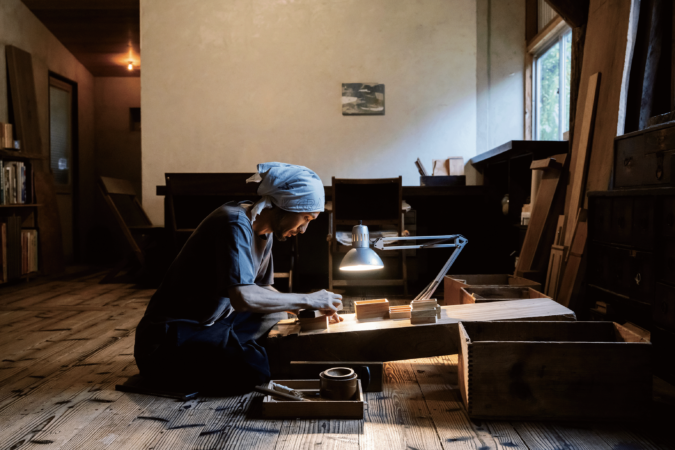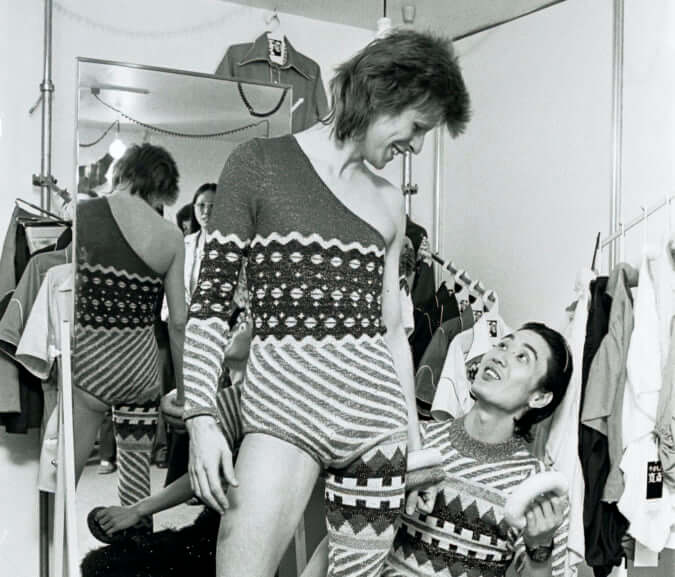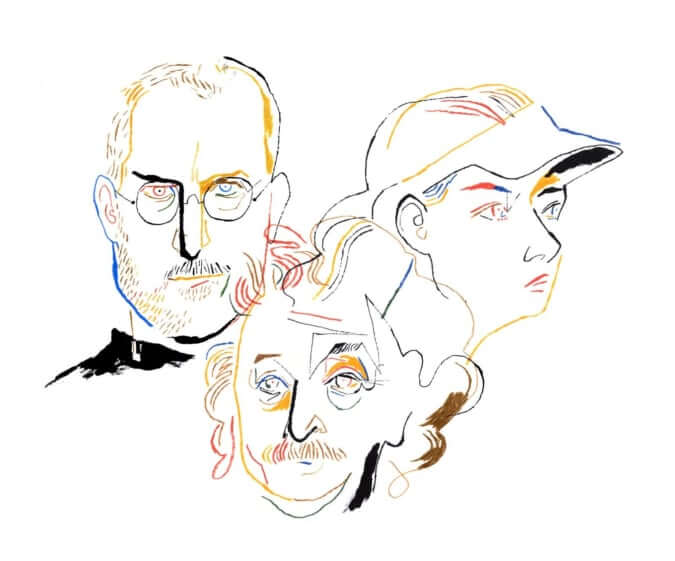‘Nobody Knows’, a Life Hidden from View
This film from Hirokazu Kore-Eda, inspired by a true story, depicts four children left to fend for themselves in a Tokyo apartment.
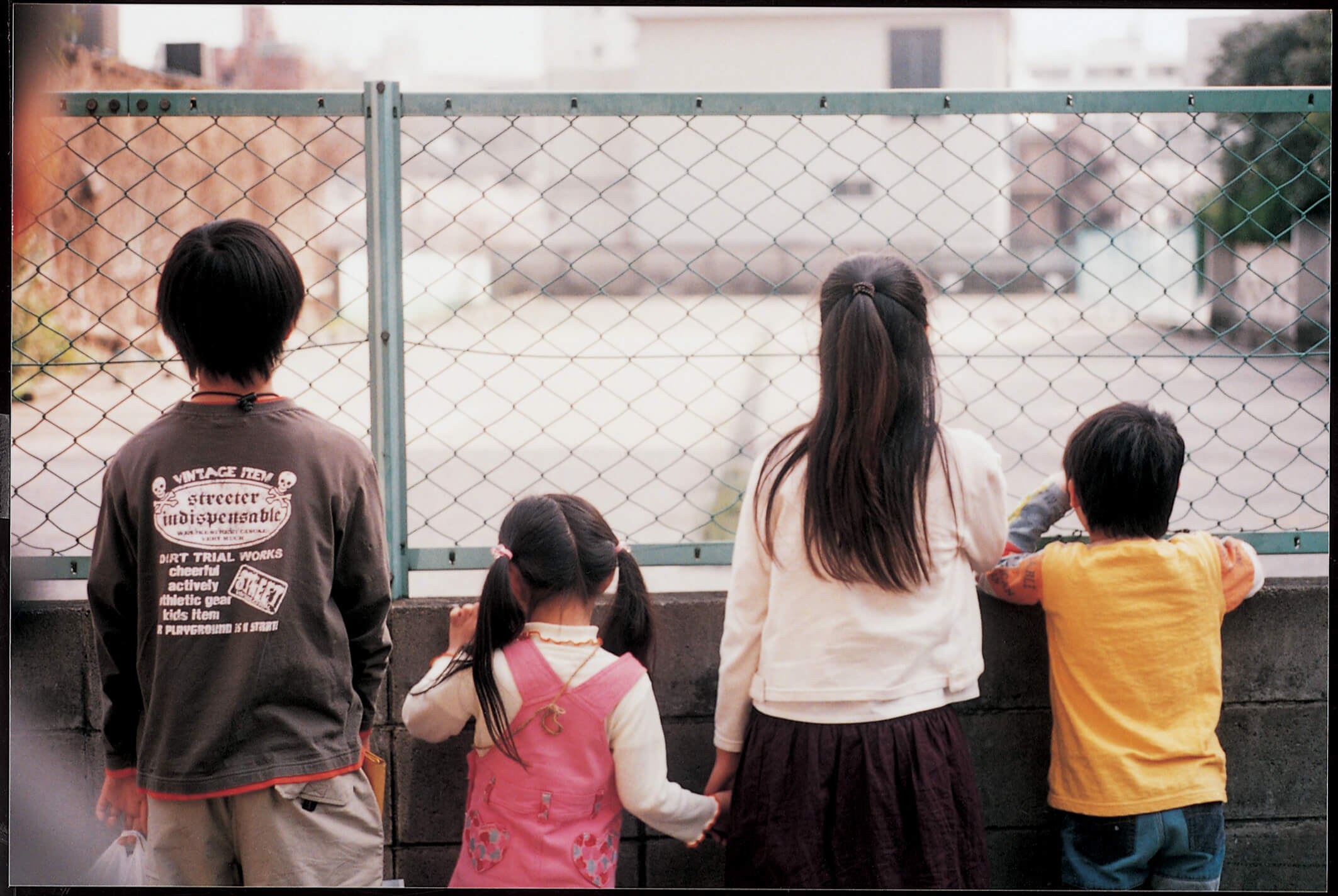
‘Nobody Knows’, Hirokazu Kore-eda
Nobody knows. But does nobody really know, or rather do they not want to confront what is happening just a few metres away from them? This is the question that is raised throughout Hirokazu Kore-eda’s film Nobody Knows, released in 2004. Nobody Knows tells the story of a family of four children aged between 4 and 14 years, each one born to a different father. The children are unregistered and do not attend school, and instead spend every day glued to their mother figure, although she harbours desires to be elsewhere.
To fulfil this dream of freedom, she allows herself to make a few little arrangements. The first of these is with the truth: to secure a new place to live, she is only permitted to have one child. But this poses no problem, as she indeed becomes the mother of just one son, sneaking the other children into the apartment smuggled in suitcases. Naturally, the children are delighted, as the game suggested by their mother seems like a waking dream for any child with a thirst for adventure.
An irreducible element of childhood
However, the game doesn’t stop there, and the rules become more complicated: nobody is allowed to raise their voice or set foot outside of the apartment in order to maintain the illusion. The only child who can go out is the eldest, Akira, who is responsible for doing the shopping and housekeeping when the mother is not around. If the rules are followed, mum will be back soon, possibly armed with a gift as a reward.
One day, however, the mother decides to go away for a longer period. She has met someone and promises to come back at Christmas, leaving enough money for the siblings not to go without. Thus, the viewer witnesses these long periods of absence, the mechanics that are established in the one-bedroom flat where the changing of the seasons is observed through the large window. Spring, summer, autumn, winter… Time goes by, and its passage is also evidenced in the smallest details: letters and documents pile up, the green plants grow. While playing at being adults and imitating their everyday existence is still fun for the four children, the viewer feels the emotion rising. ‘I wrote then directed Nobody Knows by observing the children that were in front of me. By showing that even in extreme situations, one element of childhood remains irreducible: play, the imagination’, Hirokazu Kore-eda recalled to the newspaper Libération when the film was released.
The scenes indoors are followed by Akira’s outings, which also become longer. He too wants to broaden the perimeter of his freedom. But he remains responsible, and always comes back before nightfall. When he comes through the door, the viewer notices that the children are starting to look tired. Perhaps it’s time to end the game? The director, who drew inspiration from real events that happened in a district in northern Tokyo in the late 1980s also declared that ‘to become an adult, you have to lose something’. A loss indeed does occur in Nobody Knows, and this time, the game ends. Childhood is suddenly left far behind. All that remains are the bonds between the siblings to cling on to all they have left: the desire to live, in spite of everything.
Nobody Knows (2004), a film directed by Hirokazu Kore-eda and distributed on DVD by Drakes Avenue.
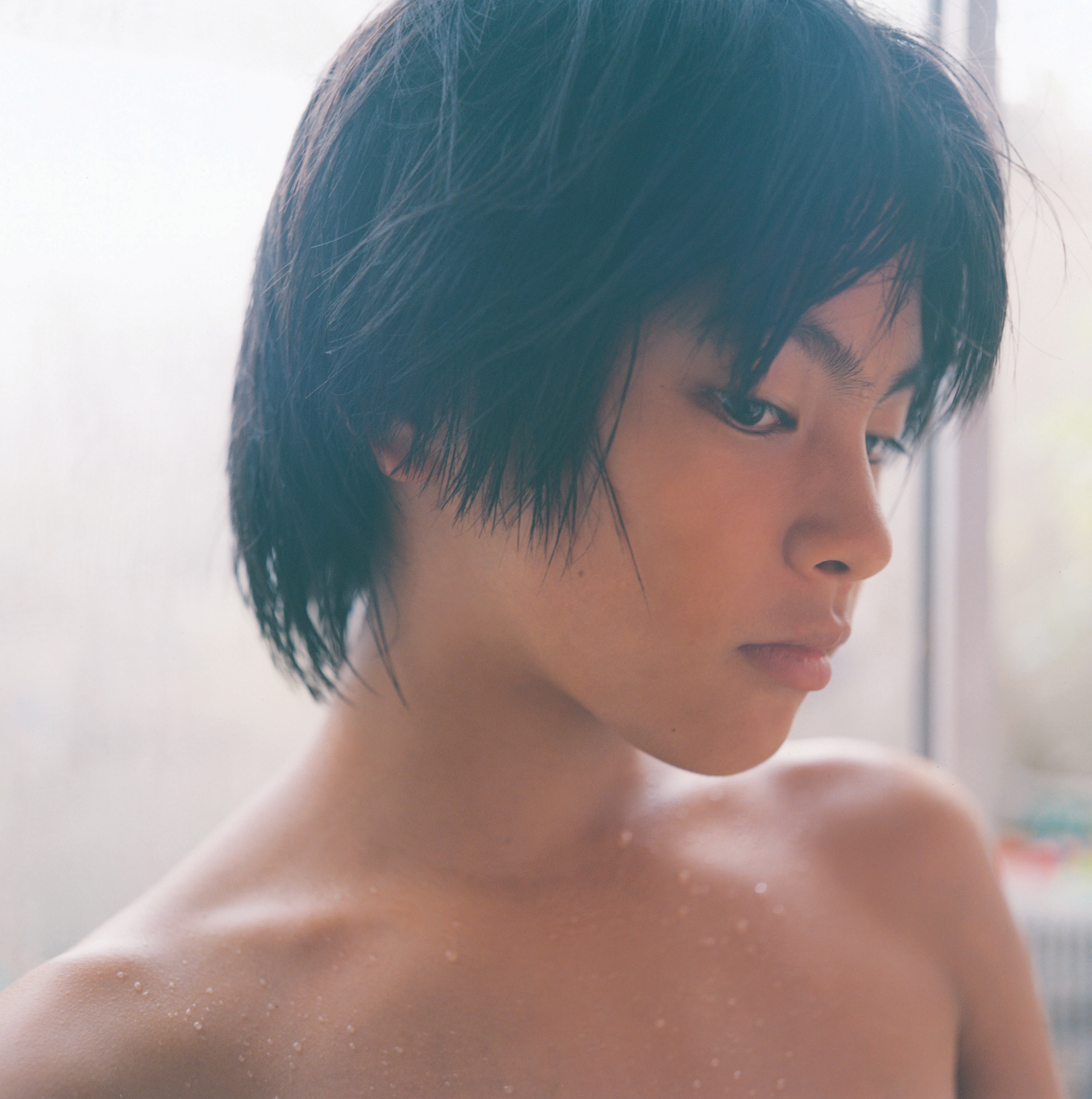
‘Nobody Knows’, Hirokazu Kore-eda
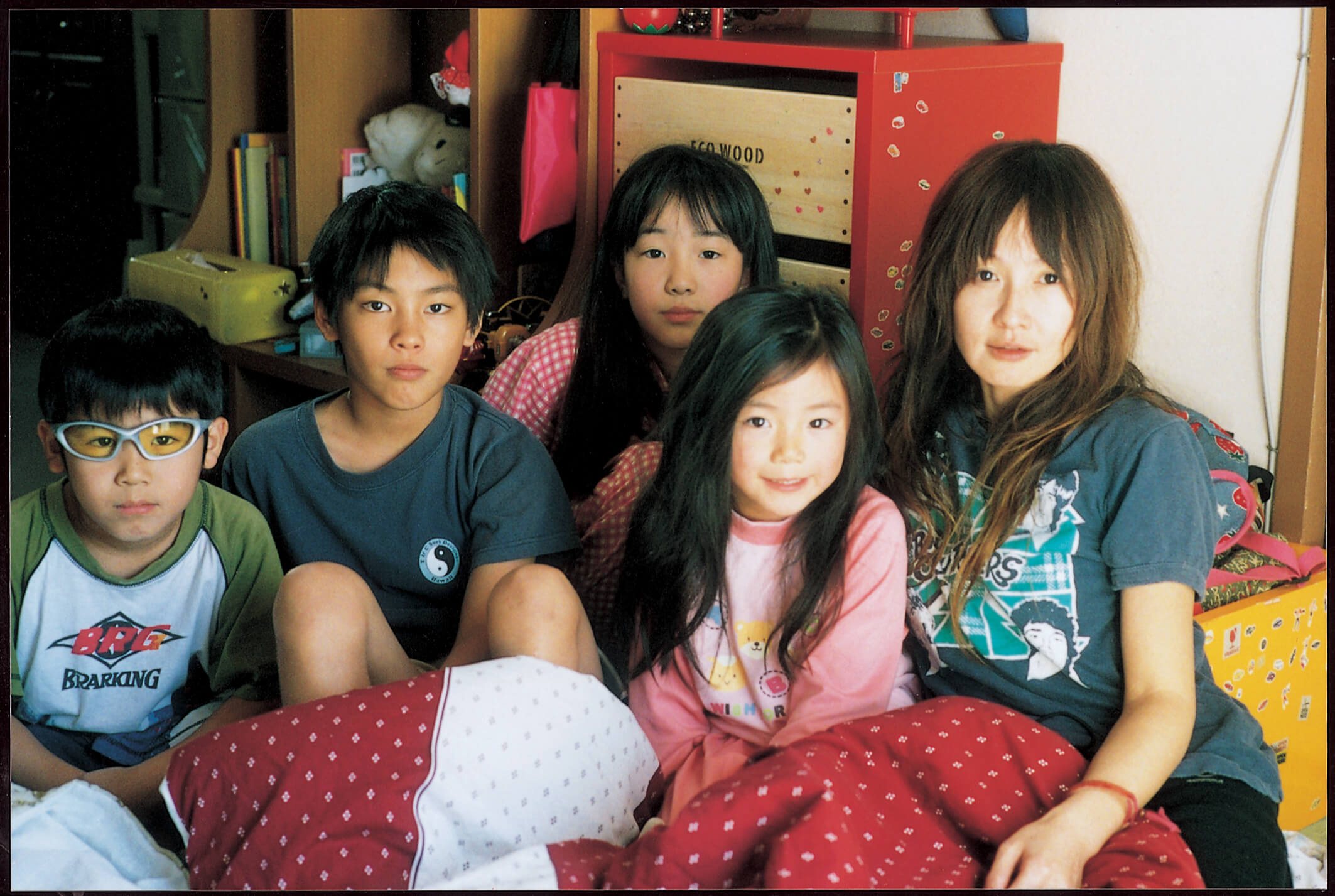
‘Nobody Knows’, Hirokazu Kore-eda
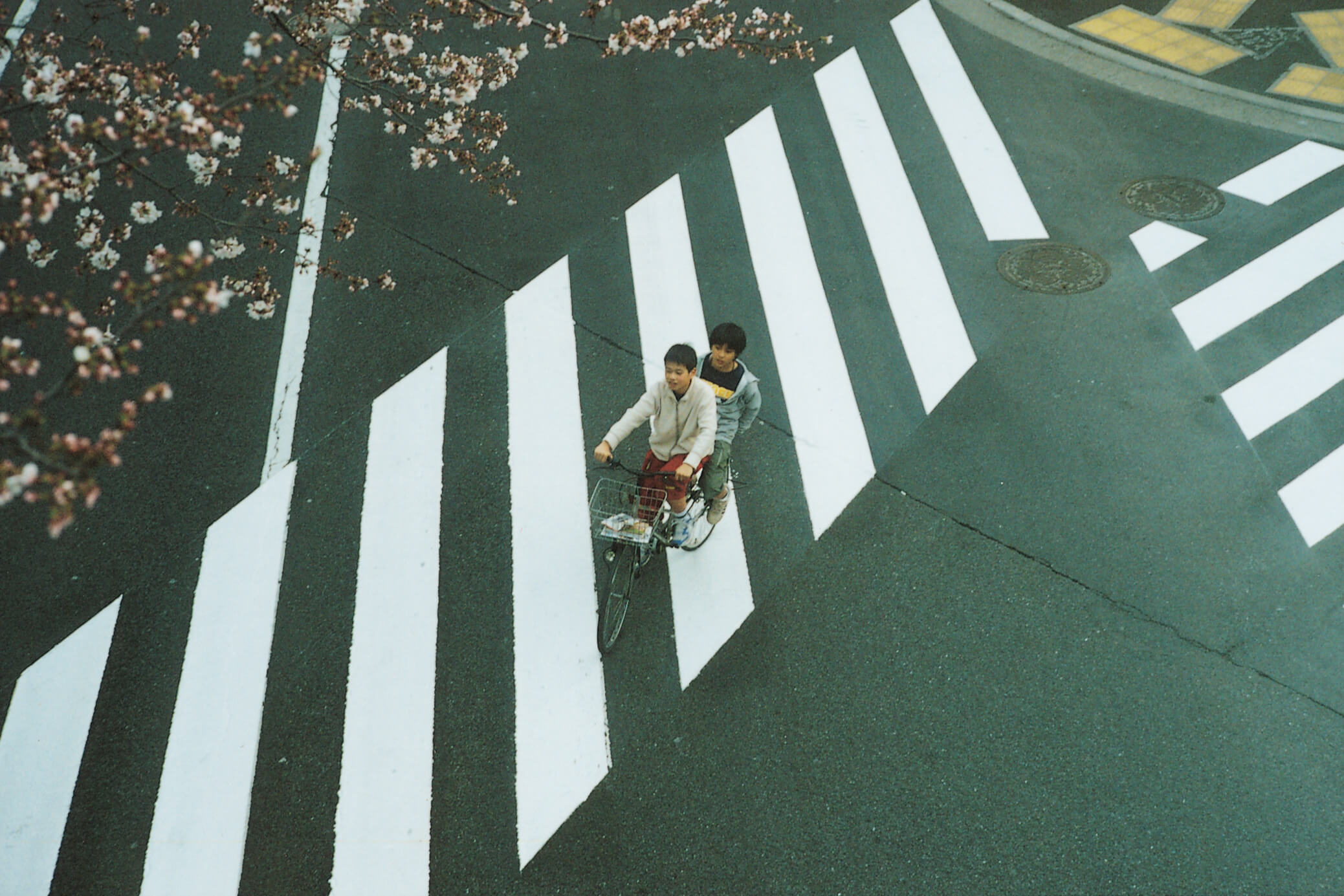
‘Nobody Knows’, Hirokazu Kore-eda
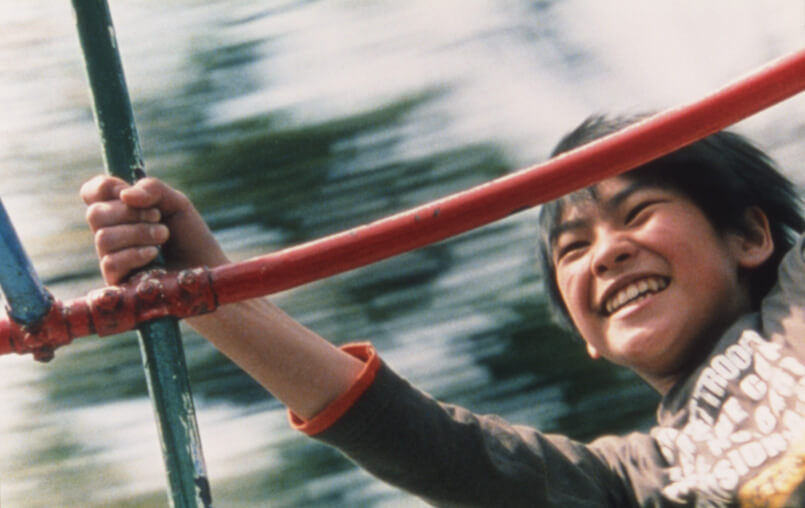
‘Nobody Knows’, Hirokazu Kore-eda
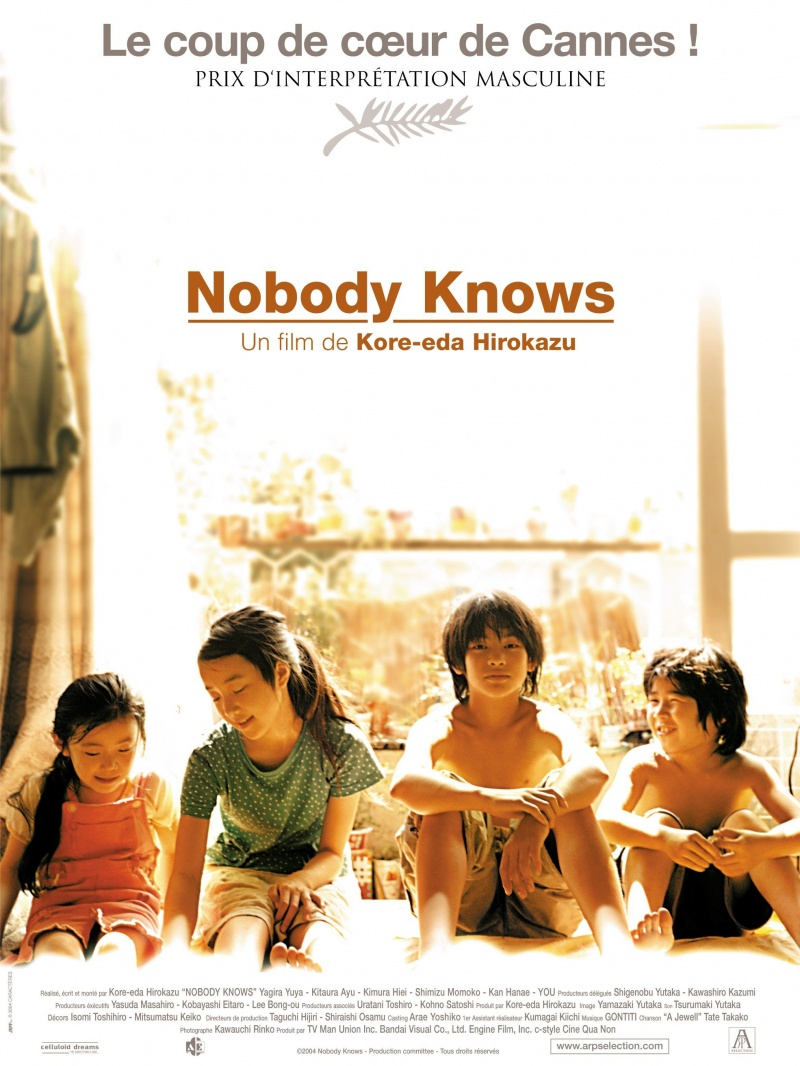
‘Nobody Knows’, Hirokazu Kore-eda
TRENDING
-
Hiroshi Nagai's Sun-Drenched Pop Paintings, an Ode to California
Through his colourful pieces, the painter transports viewers to the west coast of America as it was in the 1950s.

-
A Craft Practice Rooted in Okinawa’s Nature and Everyday Landscapes
Ai and Hiroyuki Tokeshi work with Okinawan wood, an exacting material, drawing on a local tradition of woodworking and lacquerware.

-
The Tattoos that Marked the Criminals of the Edo Period
Traditional tattoos were strong signifiers; murderers had head tattoos, while theft might result in an arm tattoo.

-
David Bowie Dressed by Kansai Yamamoto
The English singer was strongly influenced by 'kabuki' theatre and charged the Japanese designer with creating his costumes in the 1970s.

-
‘Seeing People My Age or Younger Succeed Makes Me Uneasy’
In ‘A Non-Conformist’s Guide to Surviving Society’, author Satoshi Ogawa shares his strategies for navigating everyday life.


